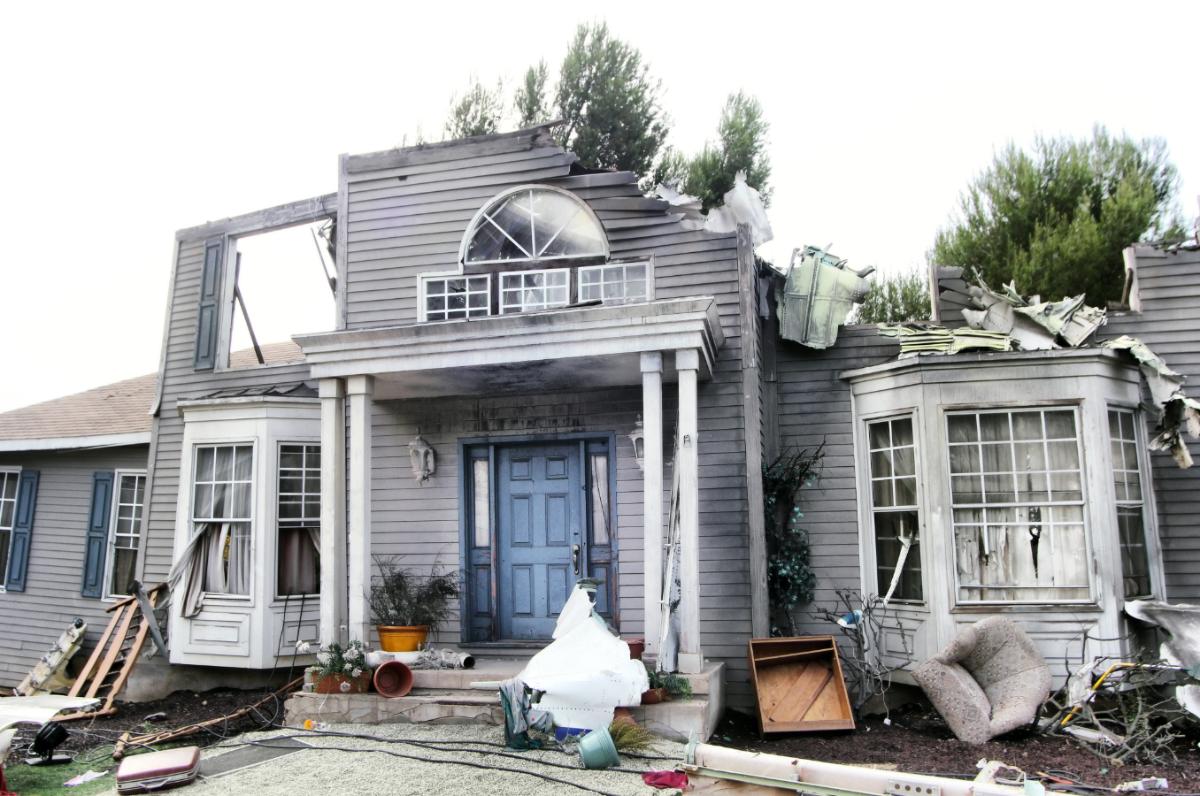How A Home Inventory Will Help If Disaster Strikes

No matter how you slice it, we live in an unpredictable world when it comes to the weather. Most Americans live with the ongoing risk of disaster including hurricanes, earthquakes, wildfires, and tornadoes. You can’t prevent Armageddon so why dwell on it. But, you can be prepared if catastrophe strikes by creating a home inventory. In order to get reimbursement from your insurance company for items that are destroyed in a natural disaster, it’s essential to have detailed information about your possessions.
Compared to the old days (pre-Internet), creating a home inventory is fairly easy. Previously, insurance companies recommended maintaining detailed, paper-based records. But why risk it all getting lost, destroyed in a fire, or washed away in a flood? According to Realtor.com, here is how you can create your own digital inventory:
Use an app on your phone to log everything. Programs such as MyStuff2 and DreamVault will walk you through each of the steps. They provide an easy, cloud-stored way to assure your home inventory is always up to date.
Take detailed photos. Use your camera phone to take pictures of each room, down to the drawers and closets. While this may not replace a detailed log, it does make it easier to quickly review your belongings in an emergency.
If you are thinking of downsizing sometime in the foreseeable future, you can also take this opportunity to preserve memories so they are not forgotten. With your phone or a digital video camera, you can go through your home and film it just the way it is, while recalling out loud memories of particular possessions or life milestones. You can also set aside old photos to be scanned digitally. The video and scrapbook can become gifts to pass on to younger generations.
Go room by room. Overwhelmed? Going through each room one by one, maybe over the span of a week or two, can be easier to handle. Plus, it will reduce the possibility of getting bored or tired and skipping over something critical, like your jewelry box. Just start in one corner of a room and work your way around the whole interior of that space.
Maintain a spreadsheet. If you don’t want to store your inventory in the cloud, you can log everything on a Microsoft Excel spreadsheet, organized by room, purpose, or function. Make sure to include the value of each item, as well as its age and condition.
Know what to log. While you want to capture as much as you can, you don’t need to get into the minutiae of every small knick-knack. You can lump small items into categories like dishes and spatulas, but consider separating individual items of clothing. People tend to forget what’s in their closets and drawers and there’s a lot of value there.
Keep a copy off-site. Store your inventory, whether it’s a physical copy of the spreadsheet or a flash drive with the Excel file, in either a bank safe-deposit box or on the cloud. You can also email yourself a copy with an easily remembered subject line (i.e. “Open this if disaster strikes.”).
Update regularly. Logging everything is just half the battle. Every time you make a large purchase, you'll want to update your list. You may also want to keep receipts to make the reimbursement process easier. If you have trouble remembering to update your list with every purchase, try scheduling an annual review.
Some family heirlooms can never be replaced. But for those items that can be (televisions, computers, furniture), you want to be prepared. You never know when or where the next weather related disaster will hit.
For more real estate related tips, listen to The Eric Stewart Show every Sunday from 7am – 8am on WMAL AM 630 or 105.9 FM. If you miss a show, don’t fret! You can access the archived shows here.

About Eric Stewart
Eric Stewart started his real estate career in 1987 and each year he and his group sell over 150 homes in DC, Maryland, and Virginia. The Eric Stewart Group has completed more than 3,000 real estate transactions, placing Eric in the top 1% of Realtors® in the nation. With a comprehensive approach to marketing and a knack for negotiation, the Eric Stewart Group has built a reputation of trust and tireless persistence throughout the area.















